Democrats Prepare for ‘Fiery’ N.H. Debate as Urgency Rises
The field has been shaken and reshaped by chaotic Iowa caucuses earlier this week.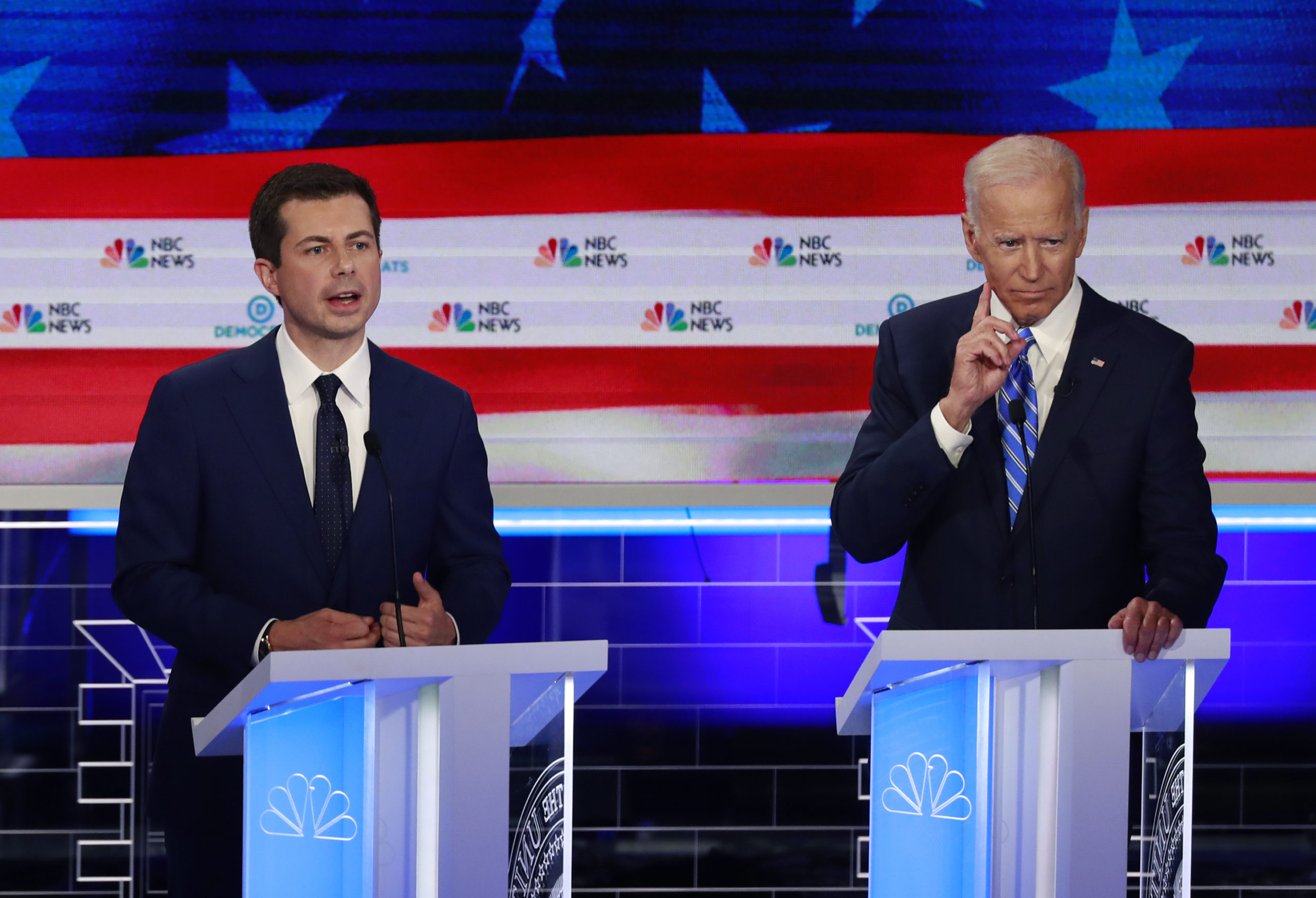 Former South Bend, Indiana, mayor, Pete Buttigieg, left, and former vice president Joe Biden at a June 2019 Democratic primary debate. (Wilfredo Lee / AP )
Former South Bend, Indiana, mayor, Pete Buttigieg, left, and former vice president Joe Biden at a June 2019 Democratic primary debate. (Wilfredo Lee / AP )
MANCHESTER, N.H. — The Democratic Party’s seven strongest presidential contenders are preparing for what could be the fiercest debate stage clash of the 2020 primary season as candidates look to survive the gauntlet of contests that lie ahead.
The field has been shaken and reshaped by chaotic Iowa caucuses earlier this week, and Friday’s debate in New Hampshire — coming four days before the state’s primary — offers new opportunity and risk for the shrinking pool of White House hopefuls. At least one leading campaign was predicting a “forceful, fiery” performance.
Two candidates, Vermont Sen. Bernie Sanders and former Midwestern mayor Pete Buttigieg, enter the night as the top targets, having emerged from Iowa essentially tied for the lead. Those trailing after the first contest — including former Vice President Joe Biden, Massachusetts Sen. Elizabeth Warren and Minnesota Sen. Amy Klobuchar — have an urgent need to demonstrate strength.
Billionaire activist Tom Steyer and New York entrepreneur Andrew Yang, meanwhile, are fighting to prove they belong in the conversation.
The rapidly evolving dynamic means that the candidates have a very real incentive to mix it up with their Democratic rivals in the 8 p.m. debate hosted by ABC. They may not get another chance.
“This is the time when voters are eager for candidates to show they can compare and contrast, but also show they’re in it to win it,” said Democratic strategist Lily Adams, who worked on California Sen. Kamala Harris’ unsuccessful 2020 presidential campaign. “Expect it to get more feisty.”
Sanders previewed one line of attack at a breakfast event in New Hampshire’s largest city by slamming Buttigieg for accepting campaign cash from wealthy donors, which Sanders and Warren have refused to do.
“I like Pete Buttigieg. Nice guy,” Sanders said before reading a series of headlines about wealthy donors backing Buttigieg. “But we are in a moment where billionaires control, not only our economy but our political life.”
Channeling an old folk ballad by Woody Guthrie, Sanders added: “This campaign is about, Which side are you on?’”
Traditionally, the knives come out during this phase in the presidential primary process.
It was the pre-New Hampshire debate four years ago on the Republican side when then-New Jersey Gov. Chris Christie devastated Florida Sen. Marco Rubio’s presidential ambitions with a well-timed take-down. Rubio never recovered, making it easier for Donald Trump to emerge as his party’s presidential nominee.
The stakes are particularly high this week for Biden, who has played front-runner in virtually every one of the previous seven debates but left Iowa in distant fourth place. While reporting irregularities have blunted the impact of the Iowa contest, Biden’s weakness rattled supporters who encouraged him to take an aggressive tack Friday night.
One of Biden’s more prominent New Hampshire backers, Democratic operative Jim Demers, said this is the time to fight.
“People want to see the fire, they want to see fight and they want to see the differences,” he said.
Lest there be any doubt about his intentions, Biden adopted a decidedly more aggressive tone with his rivals in the days leading up to Friday’s debate, having largely avoided direct attacks against other Democrats for much of the last year. But Wednesday in New Hampshire, the former vice president went after Sanders and Buttigieg by name and questioned their ability to beat Trump.
On Sanders, Biden seized on the Vermont senator’s status as a self-described democratic socialist. And on Buttigieg, he knocked the 38-year-old former mayor’s inexperience.
Biden also conceded the obvious — that his Iowa finish was underwhelming at best. He called it a “gut punch” before embracing the underdog role: “This isn’t the first time in my life I’ve been knocked down.”
Deputy campaign manager Kate Bedingfield highlighted Biden’s post-Iowa strategy of going more directly after his opponents, and she said it would continue on the debate stage.
“All of the candidates have progressive plans. Only one has a lifelong record of making them reality,” Bedingfield said. “You can expect in the debate tonight that Vice President Biden will make a forceful, fiery case for his candidacy and will raise some tough questions for voters to consider about who they want taking on Donald Trump.”
The seven-person field also highlights the evolution of the Democrats’ 2020 nomination fight, which began with more than two dozen candidates and has been effectively whittled down to a handful of top-tier contenders.
There are clear dividing lines based on ideology, age and gender. But just one of the candidates on stage, Yang, is an ethnic minority.
Two African Americans and the only Latino candidate were forced from the race even before voting began. The only black contender still in the running, former Massachusetts Gov. Deval Patrick, did not meet the polling or fundraising thresholds to qualify for Friday’s event.
Beyond Biden’s struggles, there are several subplots to watch.
The debate is the first since a progressive feud erupted on national television between Sanders and Warren. The Massachusetts senator refused to shake her New England neighbor’s hand and accused him of calling her a liar moments after the Jan. 14 meeting in Iowa.
The pointed exchange threatened to cause a permanent fissure in the Democratic Party’s far-left flank. Warren has embraced her gender as a political strength in the weeks since, highlighting the successes of female candidates in the Trump era and her own record of defeating a male Republican to earn a seat in the Senate.
That said, she stressed unity at campaign stops in recent days: “We’ve got to pull together as a party. We cannot repeat 2016,” she said.
She even points to her sprawling campaign organization to prove her dedication to party unity, noting that aides from rival candidates no longer in the race have chosen to work for her.
“I have an open campaign,” Warren said during a rally Wednesday at a community college in Nashua. “An inclusive campaign, a campaign that invites people in.”
Yet Warren has been willing to attack before. Aside from the post-debate skirmish with Sanders, she seized on Buttigieg’s fundraising practices in past meetings.
While Warren and Sanders as presidential candidates have sworn off wealthy donors, Buttigieg and the rest of the field have continued to hold private finance events with big donors, some with connections to Wall Street. In fact, Buttigieg took the unusual step of leaving New Hampshire this week to hold three fundraisers with wealthy donors in the New York area.
Buttigieg should expect to be under attack Friday night, said Joel Benenson, a debate adviser to Buttigieg last year and a prominent Democratic pollster.
“He’s got to be prepared for incoming from the people behind him, who are going to be punching up and trying to take votes away,” Benenson said.
“He’s got to be prepared to counterpunch, as well, and push back strenuously, but drive his message even when he’s responding,” he added. “If they draw sharp contrasts, he has to, as well.”
___
Associated Press writers Will Weissert in Manchester, N.H., Thomas Beaumont in Des Moines, Iowa, contributed to this report.
Your support matters…Independent journalism is under threat and overshadowed by heavily funded mainstream media.
You can help level the playing field. Become a member.
Your tax-deductible contribution keeps us digging beneath the headlines to give you thought-provoking, investigative reporting and analysis that unearths what's really happening- without compromise.
Give today to support our courageous, independent journalists.
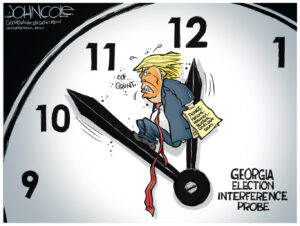

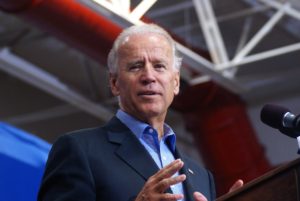
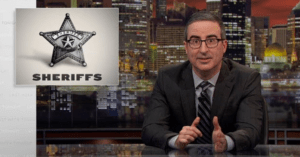
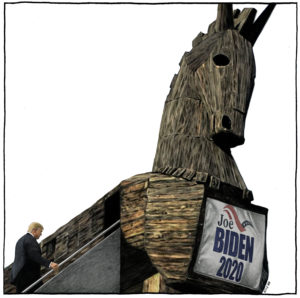
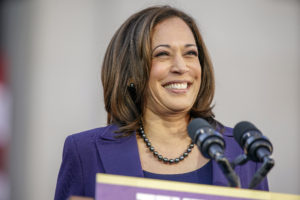
You need to be a supporter to comment.
There are currently no responses to this article.
Be the first to respond.